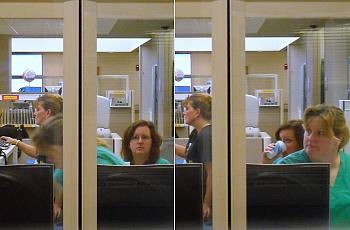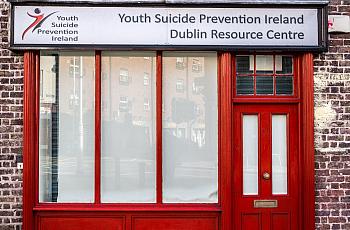
William Heisel
Contributing Editor

Contributing Editor
I have reported on health for most of my career. My work as an investigative reporter at the Los Angeles Times and the Orange County Register exposed problems with the fertility industry, the trade in human body parts and the use of illegal drugs in sports. I helped create a first-of-its-kind report card judging hospitals on a wide array of measures for a story that was a finalist for the Pulitzer Prize. I was one of the lead reporters on a series of stories about lead in candy, a series that also was a finalist for the Pulitzer.For the Center for Health Journalism (previously known as Reporting on Health), I have written about investigative health reporting and occasionally broke news on my column, Antidote. I also was the project editor on the Just One Breath collaborative reporting series. These days, for the University of Washington, I now work as the Executive Director for Insitutue for Health Metrics and Evaluation's Client Services, a social enterprise. You can follow me on Twitter @wheisel.

Industry groups have argued for a drug form that does not require a patient or family member signature. That possibility has raised deep concerns among some patient advocates, who point out the drugs' potential dangers.

ER visits are growing and the number of emergency departments is shrinking. Does that mean more people will be denied urgent care and suffer or die as a result? The effects might be smaller than you think, and a good reminder to question our assumptions as reporters.

Jenna Russell's recent three-part series for The Boston Globe presents a remarkably intimate, revealing portrait of a man and his family as they struggle to cope with his mental illness. Her reporting holds a number of lessons for journalists taking on projects that deal with mental health.

As The Boston Globe readied a new three-part series for publication, a regional hospital chain tried suing a newspaper and a patient after it was prevented from disclosing a mentally ill patient's records. The suit was part of a series of serious miscalculations on the hospital's part.

When a hospital closes in a low-income area, reporters often assume that the care was essential for the poor communities it was serving. But there are several problems with that assumption, including the equation that health equals health care.

A private company bought the local hospital from a community group in Belhaven, North Carolina, and then announced it was closing the facility. Many in the community were outraged. But what obligations do private companies have to the community in such cases?

Are reporters placing too much emphasis on hospitals and not enough emphasis on the overall health of the community and the factors that influence it? The forces ultimately shaping our health aren't always the obvious ones.

Is a bit overweight actually the healthiest weight of all? A recent JAMA study suggested as much. But a new analysis of the data reveals a deep flaw in the original study, and provides a lesson in the value of questioning how data are collected and used in any given study.

Ireland is on the verge of allowing death certificates to omit the cause of death, largely to spare family members of suicide victims from seeing the word "suicide" on the form. But is that reason enough to conceal the facts on such a critical document?

Hiding causes of death can become a major hurdle in getting accurate reads on health problems. Calling suicides something else on death certificates or striking the word “suicide” from the public record will have a similar effect.